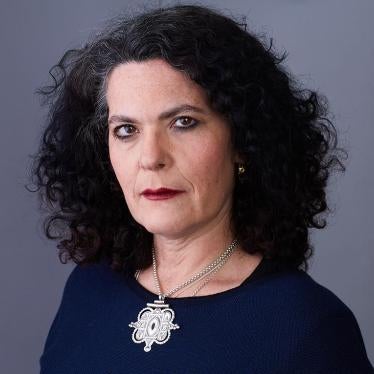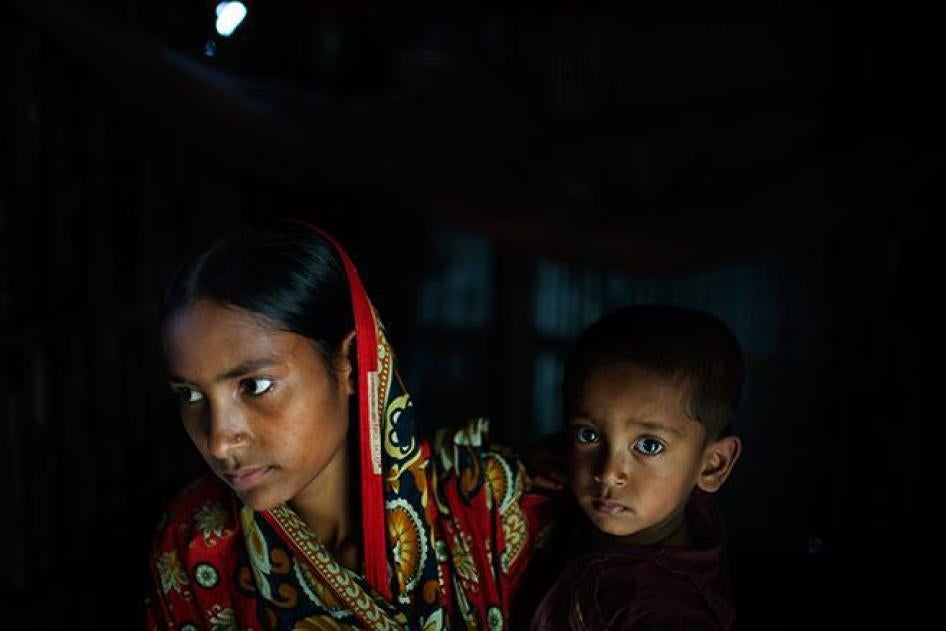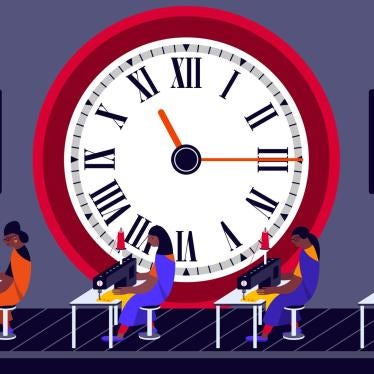A year ago today activists attended the Girl Summit, a global meeting hosted by the UK government to agree on action to end female genital mutilation (FGM) and child marriage within a generation. Sitting in the audience, I listened to the promises about how the summit would kick start "heads of state, practitioners, survivors, charities and community groups" working together to get real change, and hoped that this promise would come true -- especially for the many married girls I met during my six years in Afghanistan.
Two heads of government turned up to the event, hosted by Home Secretary Theresa May and Development Secretary Justine Greening -- David Cameron and his Bangladeshi counterpart, Sheikh Hasina. They shared the stage as Sheikh Hasina pledged to end child marriage under 15 in Bangladesh by 2021, and end all child marriage under 18 by 2041. It was a bold promise -- 29 percent of girls in Bangladesh marry by 15, the highest rate in the world. By the time they reach adulthood at 18, more than half of Bangladeshi girls are already wives.
Under the previous Cameron government, the UK volunteered for a leading role in global efforts to tackle not only child marriage and FGM, but also ending sexual violence in conflict and ensuring full participation for women in peace processes.
Cameron said the summit had to be about "building a global movement that we can follow up...to check that people keep their promises, to check that we don't just change the law we change the culture, to check that we follow up on every single commitment that we've made."
But when Sheikh Hasina returned to Bangladesh, her government drafted a new law on child marriage proposing to lower the age of marriage for girls from 18 to 16 -- a disastrous step backwards. The draft law now says that girls need parental permission to marry at 16 -- but in a country where most marriages are arranged by parents, that essentially sets the age of marriage for girls at 16, contrary not only to Bangladesh's commitments at the Girl Summit, but also international legal standards.
In the year since the Girl Summit, I've interviewed dozens of married girls in Bangladesh. They need urgently for Sheikh Hasina to drop the idea of lowering the marriage age, and instead start working to end child marriage as she so publicly pledged to do a year ago.
Cameron and his government should mark the first anniversary of the summit by pressing Sheikh Hasina to fulfil her promises, and should use British aid to Bangladesh to help her make the necessary reforms. The UK took a step in the right direction by co-sponsoring a recent resolution passed by the UN Human Rights Council that recognised that child marriage is a human rights violation, and detailed steps governments should take to end the practice.
Both leaders should work to ensure that the new sustainable development goals being drafted to replace the UN's millennium development goals include specific language to end child marriage, including rigorous monitoring of marriage rates below both ages 15 and 18.
Under the previous Cameron government, the UK took on a leading role in global efforts to tackle not only child marriage and FGM, but also in ending sexual violence in conflict and ensuring full participation for women in peace processes. So it's vital that Cameron ensures that the UK follows through on the leadership it promised on child marriage and FGM, but on these other issues as well. For example, the UK government has already faced criticism for its lack of follow up on another meeting it held last summer, the Global Summit to End Sexual Violence in Conflict.
At the Girl Summit, Cameron described the need for "a global movement that doesn't end here, a global movement that starts here." He and Sheikh Hasina should both do more to make that happen.










